Erdogan seeks to urge Muslim leaders into Jerusalem action
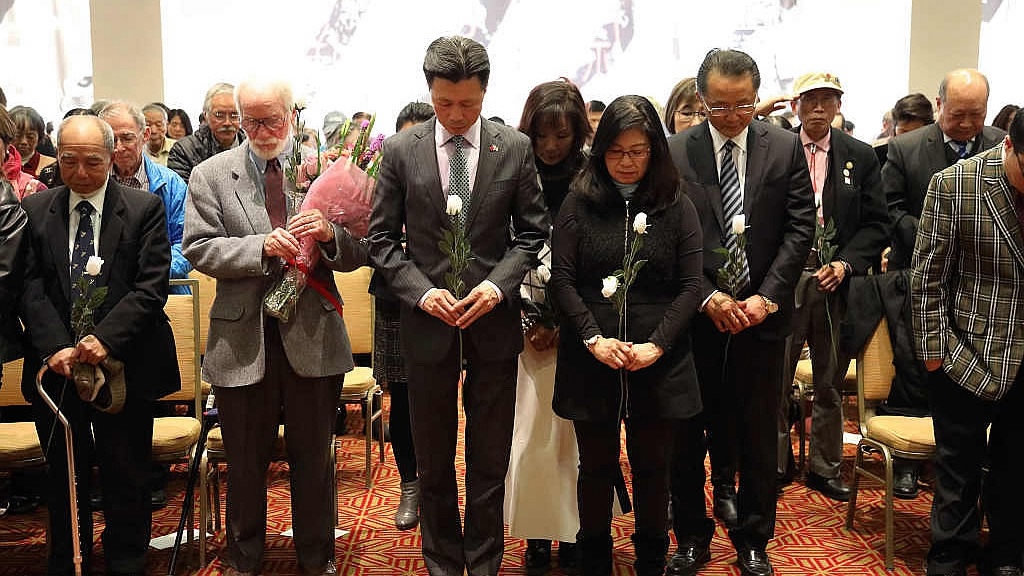
ISTANBUL, Turkish President Recep Tayyip Erdogan on Wednesday chairs an emergency summit of the world's main pan-Islamic body, seeking to marshal Muslim leaders towards a coordinated response to the US recognition of Jerusalem as Israel's capital.
Erdogan, whose country holds the rotating chairmanship of the Organisation of Islamic Cooperation (OIC) will be hoping to unite often feuding Muslim leaders into a tough final statement on the move by US President Donald Trump.
Trump's announcement last week prompted an outpouring of anger in the Muslim and Arab world, where tens of thousands of people took to the streets to denounce the Jewish state and show solidarity with the Palestinians.The decision sparked protests in Palestinian territories, with four Palestinians killed so far in clashes or Israeli air strikes in response to rocket fire from Gaza and hundreds wounded.
Erdogan -- who regards himself a champion of the Palestinian cause and at the weekend described Israel as a "terrorist state" -- is looking for a tough final statement against the decision.His top diplomat early Wednesday indicated that Ankara would be pushing for OIC states to, in a counter move, recognise East Jerusalem as the capital of a future Palestinian state.
"This step taken by the US legitimises the occupation," of the Palestinian territories, Foreign Minister Mevlut Cavsuoglu told a meeting of OIC foreign ministers before the summit gets underway at 0800 GMT.
"We will never be silent," he said, urging countries to recognise Palestine on the basis of its 1967 borders with East Jerusalem as the capital."This oppression diminishes the chance for peace and coexistence," he added.
- 'Boiler plate statement?' -
But bridging the gaps in a Muslim political community that includes arch rivals Sunni Saudi Arabia and Shiite Iran will be a far from easy task, let alone announcing any concrete measures agreed between the 57 OIC member states.Aaron Stein, resident senior fellow at the Atlantic Council's Rafik Hariri Center for the Middle East, said he believed Muslim leaders would merely "issue a boiler-plate condemnation".
"What that actually means is anyone's guess," he told AFP.Several key players, like Egypt, Saudi Arabia and the United Arab Emirates, are unlikely to want to risk their key relationship with Washington for the sake of an anti-Washington OIC statement.Sinan Ulgen, of the Istanbul-based Centre for Economics and Foreign Policy Studies, said he believed the OIC summit would go nowhere near taking major actions.
"The main reason is that many of the key countries of this 'Muslim world' do not want to enter a confrontational environment with the United States and even with Israel, against the backdrop of a rising sectarian tension with Iran," he said.
Turkish officials said close to 30 Muslim leaders had confirmed their participation in the Istanbul summit as of Tuesday afternoon.Iranian President Hassan Rouhani, Jordanian King Abdullah II and Lebanese President Michel Aoun are among the heads of state attending. Palestinian president Mahmud Abbas will also be present.
However the level of Saudi representation -- critical if the final statement is to carry long-term credibility -- was still unclear. It is highly unlikely that the top Saudi leadership will attend an event where the Iranian head of state is present.Arab countries have so far condemned Israel without announcing any concrete measures.
Arab League foreign ministers in a resolution after an emergency meeting in Cairo on Saturday urged Washington to rescind its Jerusalem move and for the international community to recognise a Palestinian state.
Jerusalem's status is perhaps the most sensitive issue in the Israeli-Palestinian conflict.Israel sees the entire city as its undivided capital, while the Palestinians want the eastern sector as the capital of their future state.
In intensive telephone diplomacy in the last days, Erdogan has sought to win support from leaders beyond the Muslim world.
At a joint press conference after talks in Ankara late Monday, Erdogan said he and Russian President Vladimir Putin had taken a similar approach on the issue, accusing Israel of continuing to "add fuel to the flames".RSS
---


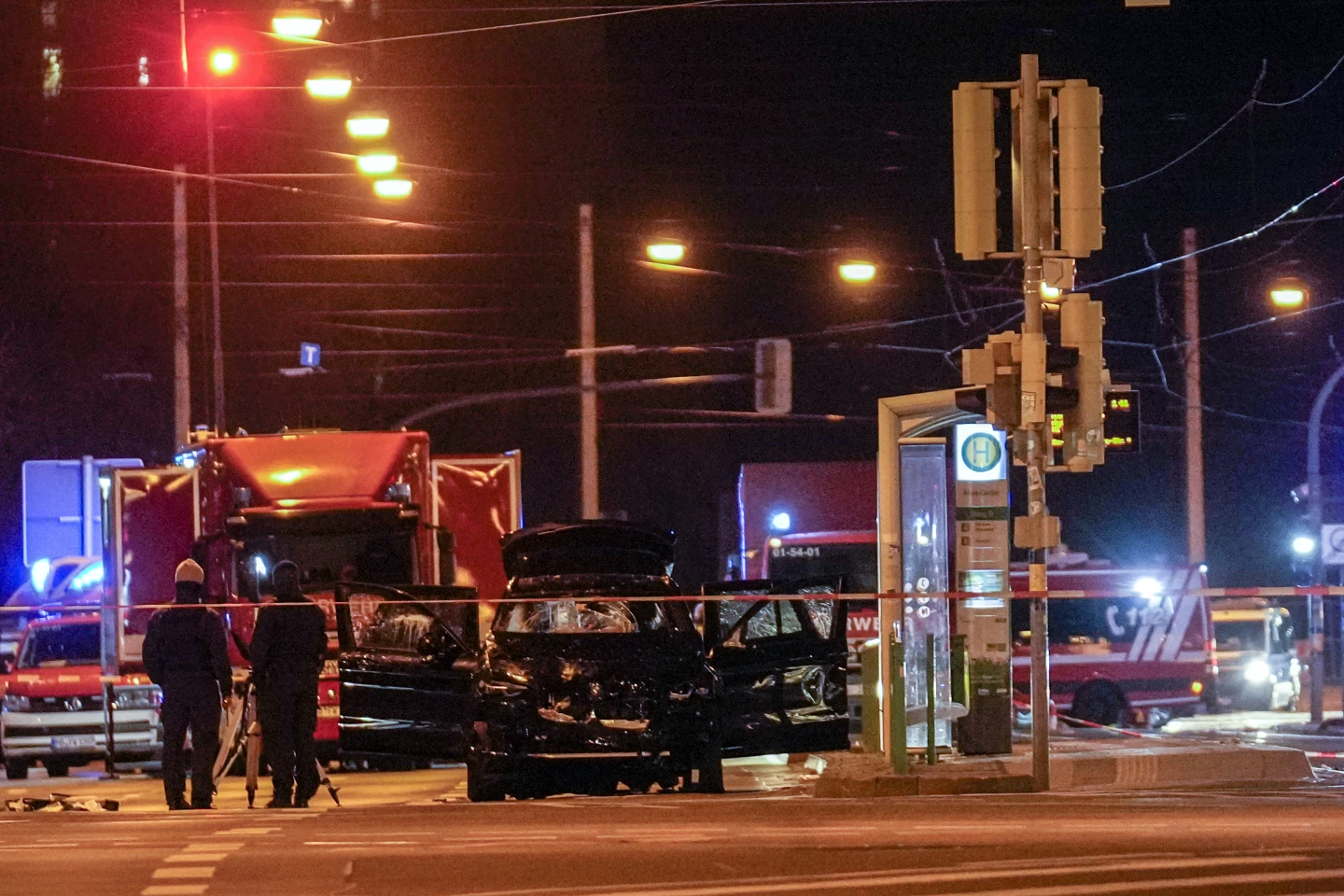
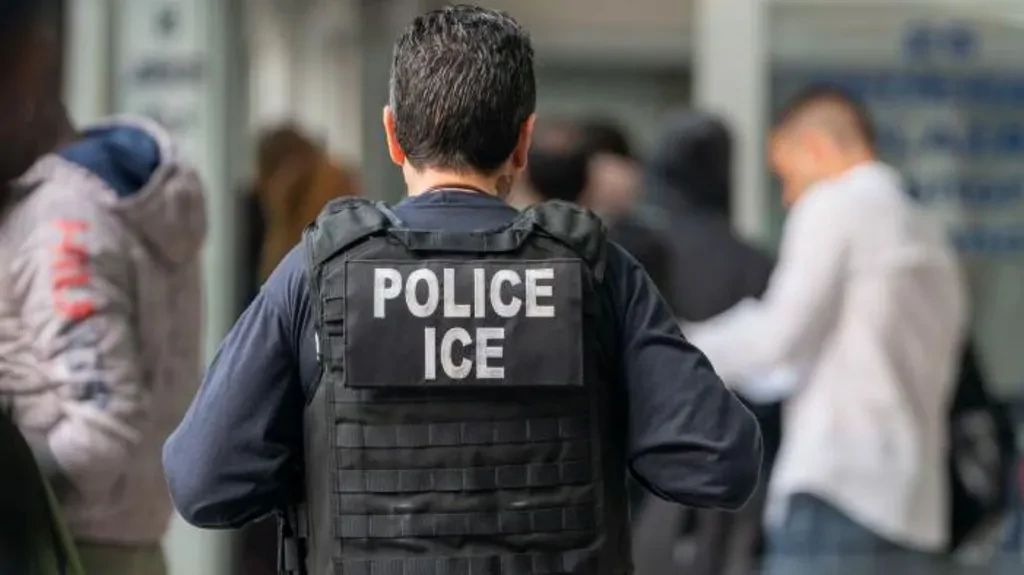
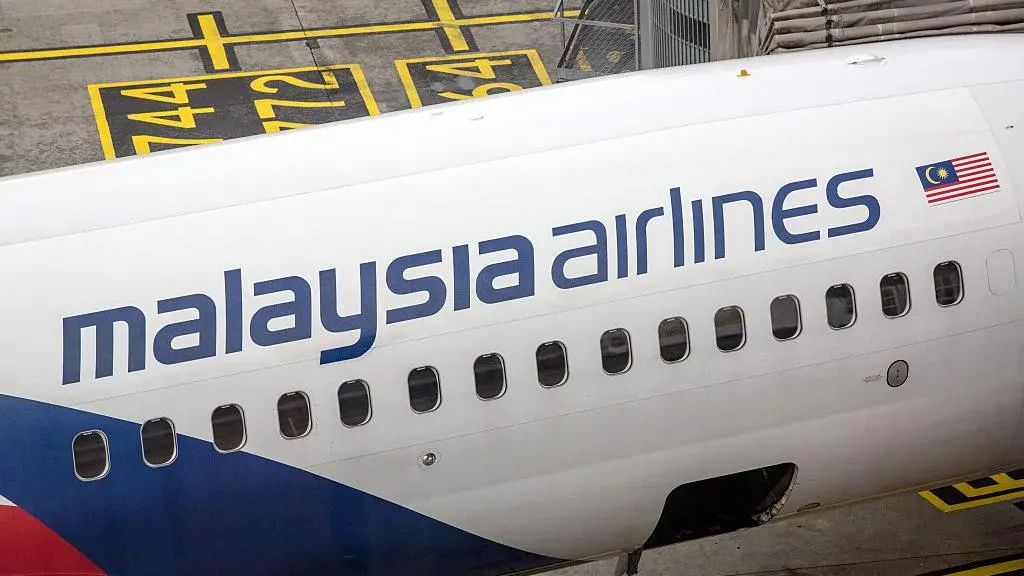
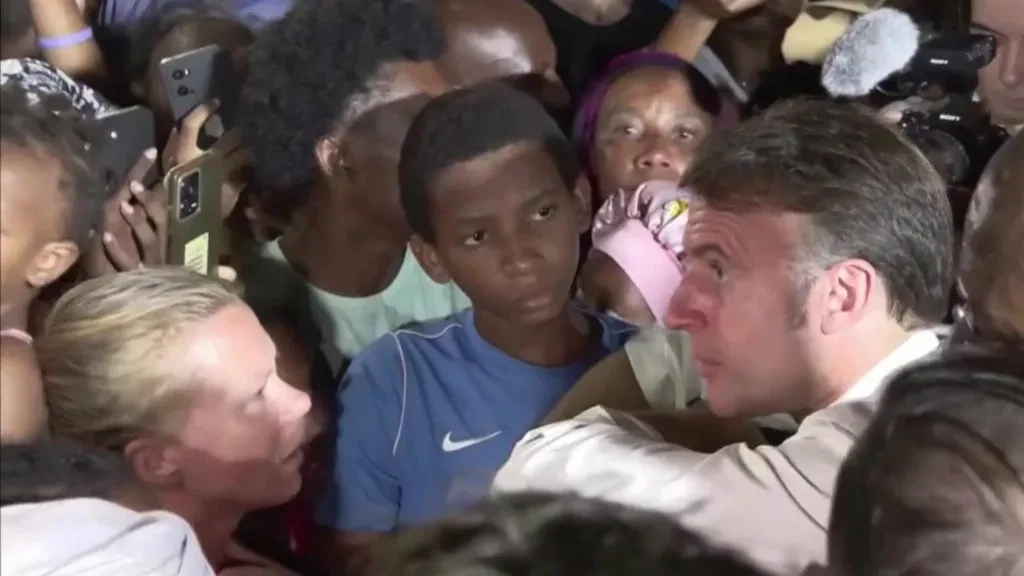

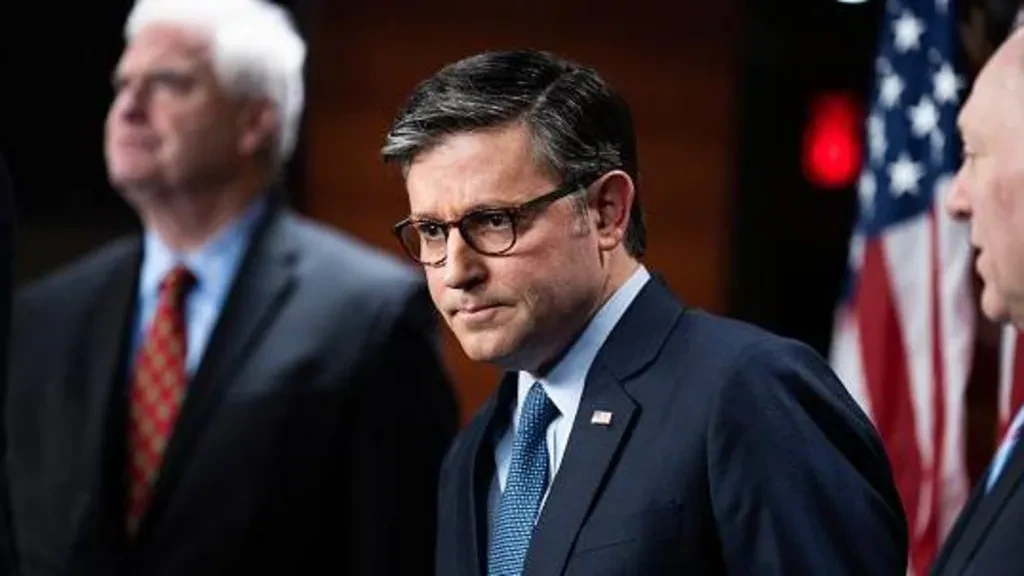
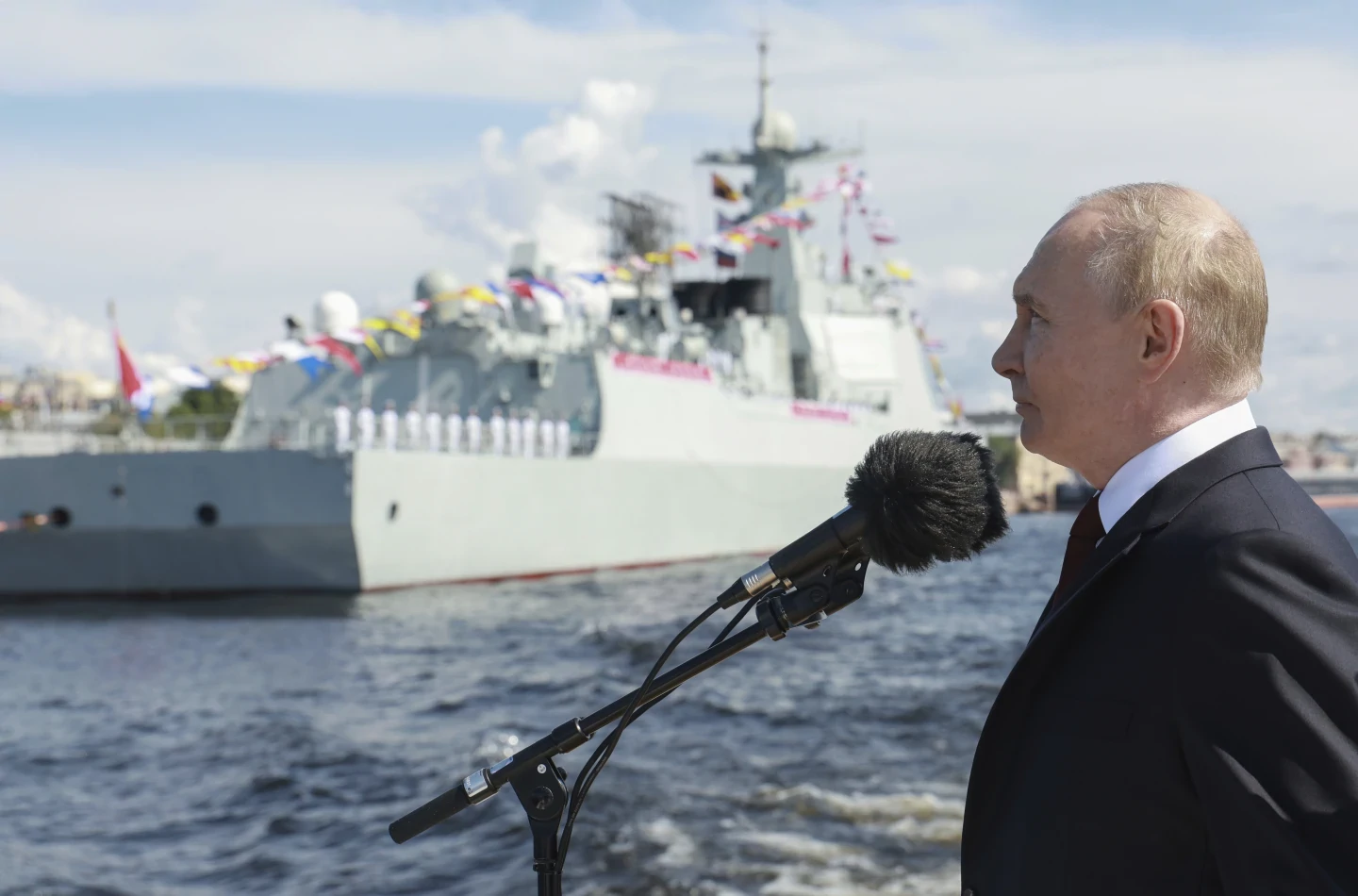
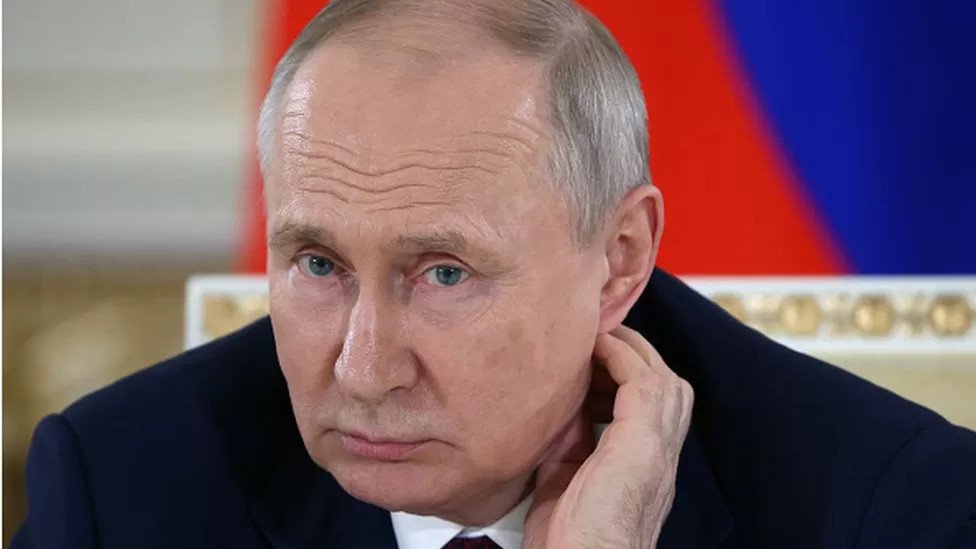
Leave Comment